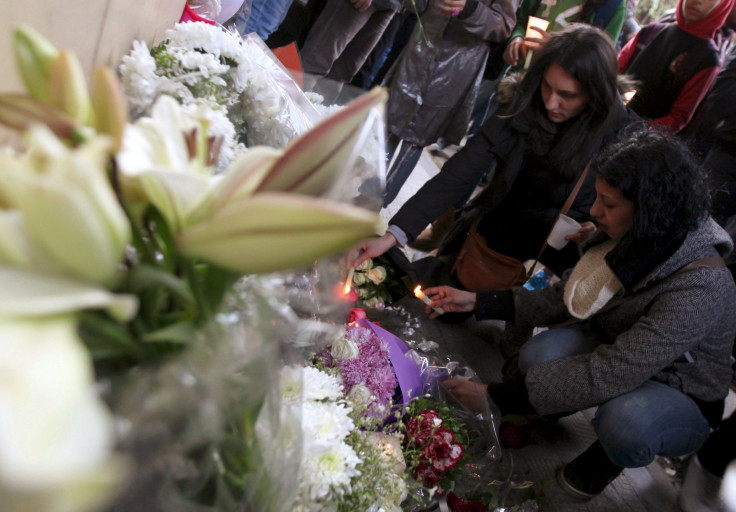Italian Student Killed In Egypt Interrogated, Tortured For Days: Report

The Italian student killed in Egypt in January was interrogated for up to seven days before he died, an Egyptian forensics official told the public prosecutor’s office last week. Although it is still not clear who killed Giulio Regeni, the 28-year-old Cambridge University Ph.D. student, new evidence points to the Egyptian security services.
The forensic examination suggests Regeni was repeatedly burned with cigarettes over several days — a method of torture frequently used by Egyptian security services, as victims and security officers attested to during the 2011 uprising. Cigarette burns and electric shocks to the body were standard interrogation tactics used during the mass incarcerations under former President Hosni Mubarak, former detainees said.
Hisham Abdel Hamid, director of the Department of Forensic Medicine, gave his findings during questioning by officials in the public prosecutor’s office, Reuters reported.
“Abdel Hamid said during the questioning that the wounds on the body occurred over different intervals of between 10 to 14 hours. That means that whoever is accused of killing him was interrogating him for information,” an investigator in the prosecutor's office told Reuters.

Regeni disappeared Jan. 25 on the fifth anniversary of the the first street protests in Cairo’s Tahrir Square. Nine days later, Regeni’s body was discovered in a ditch near a highway between Cairo and Alexandria, prompting allegations of foul play by the regime since the Italian student had written articles that focused on Egyptian labor relations and were critical of the government.
Moreover, Egypt has one of the most notorious human rights abuse records in the region, according to reports from humanitarian organizations. During the 2011 revolution, the security services rounded up thousands of people, detained them without pressing charges and reportedly killing many during detention. The Egyptian Initiative for Personal Rights, a nonprofit tracking detentions in Egypt, has documented the enforced disappearances and torture of dozens of civilians in military detention. Similarly, Human Rights Watch recorded the deaths of at least 90 citizens in local police stations and security directorates in the governorates of Cairo and Giza in 2014. Compiled media reports suggest that security services were behind the deaths of some 500 Egyptians in 2015.
But foreign nationals, unlike Egyptians, were long presumed to have a certain level of immunity, thanks to their passports. Detained foreigners have mostly been released quickly. Regeni’s murder is particularly puzzling since Italy, more so than many other European countries, has a strong economic alliance with Egypt: Last year, Italian state-backed energy group Eni announced the discovery of a giant natural gas field off Egypt’s coast. The company said that the deal would help satisfy Egypt’s natural gas demand for decades and cement relations between the two countries.
Egypt’s Interior Ministry said possible motives for Regeni’s murder include criminal activity or the desire for revenge “due to personal reasons,” Reuters reported. But the Italian team, which was invited to take part in the investigation in Egypt, said it has not received conclusive information from Egyptian investigators.
© Copyright IBTimes 2025. All rights reserved.




















